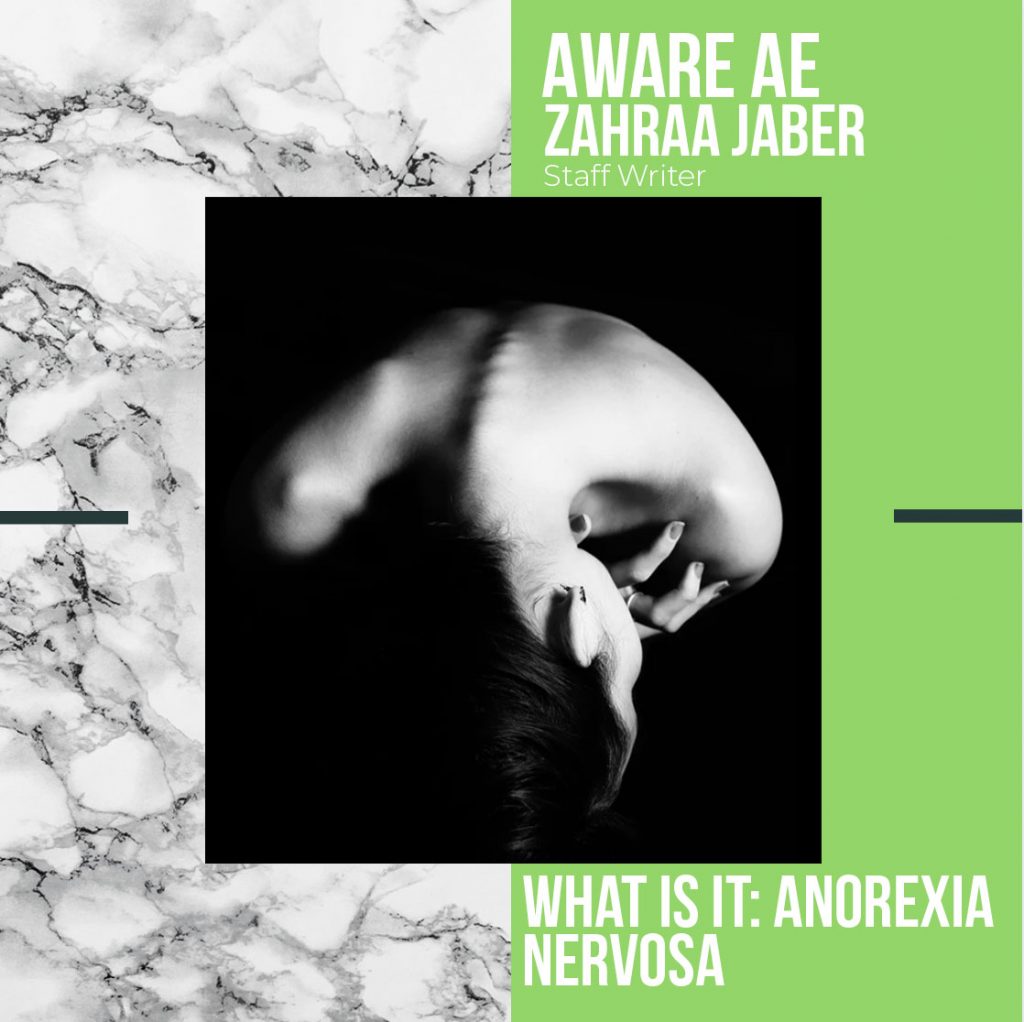Trigger warning: this article discusses an eating disorder.
More often than not, we forget that eating disorders do not only consist of food, appearances, or attractiveness. People fail to comprehend that eating disorders are complex, medical conditions with serious and dangerous consequences affecting those who suffer from them.
What is Anorexia Nervosa?
According to the National Eating Disorders Organization, anorexia nervosa is “an eating disorder characterized by weight loss (or lack of appropriate weight gain in growing children); difficulties maintaining an appropriate body weight for height, age, and stature; and, in many individuals, distorted body image.” People who suffer from anorexia nervosa often implement restrictions on the number of calories they intake per day and what type of food they eat.
Causes
Although no single cause has been identified, researchers reached a conclusion that anorexia nervosa happens as a result of biological, environmental, and psychological factors. Causes include:
- Having a negative self-image
- Having difficulty handling stress or being excessively worried, afraid, or doubtful about the future
- Susceptibility to depression and anxiety
- Holding precise ideas regarding attractiveness, beauty, and health, which may be influenced by culture or society
Signs & Symptoms
An individual suffering from anorexia nervosa may exhibit one or several signs and symptoms of anorexia nervosa, including:
- Chronic restrictive eating or dieting that is beyond the norm
- Reported sensation of feeling cold, particularly in extremities
- Loss or thinning of hair
- Avoidance of social functions, family, and friends
Treatment
Because anorexia nervosa is a result of biological, environmental, and psychological factors, its treatment must address both physical and psychological complications. The treatment team should include a mental health professional and a primary care doctor. It is not something you could ignore or solve by yourself. Effective treatment usually includes unceasing medical care, consistent therapy sessions, dietary counseling, and, sometimes, even medication. While treating anorexia nervosa, doctors usually pay attention to bone loss, electrolyte levels in the blood, and heart function – the physical side effects of the disorder. On the other hand, psychologists and other types of mental health professionals can help a person let go of these self-destructive thoughts and behaviors in order to adopt a more positive outlook in regard to food and their eating habits.
If you or someone you know are suffering from an eating disorder such as anorexia nervosa or any other, please seek assistance as soon as possible. Recovery may be slow but, with the essential support from your loved ones, the effort and strength you put into getting better could very much be worth it when you see how much better your life is after winning the battle with an eating disorder. It all starts somewhere.
